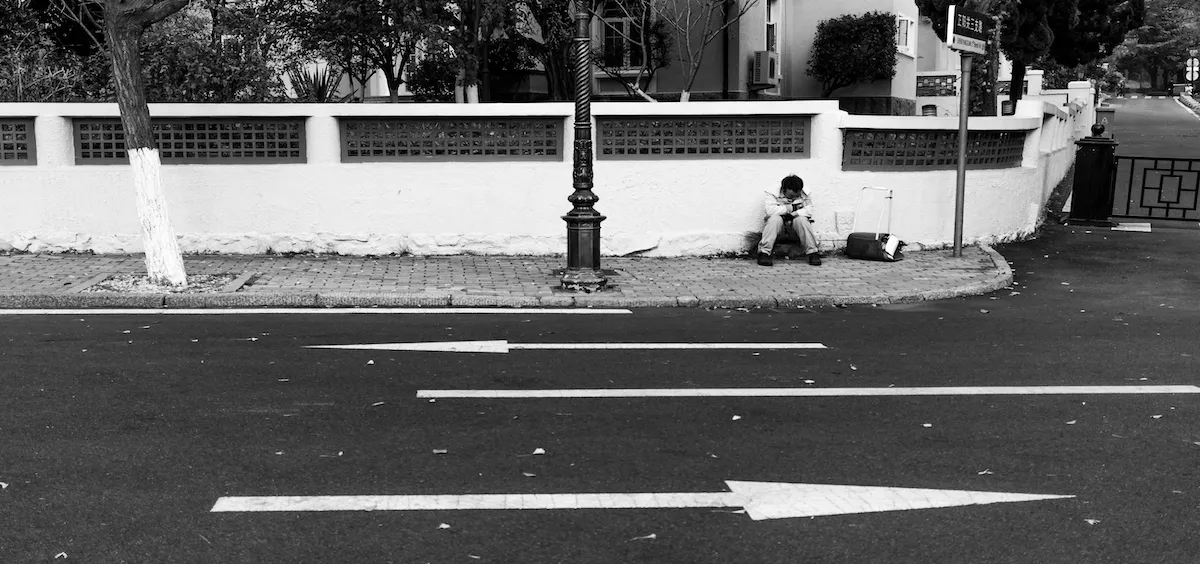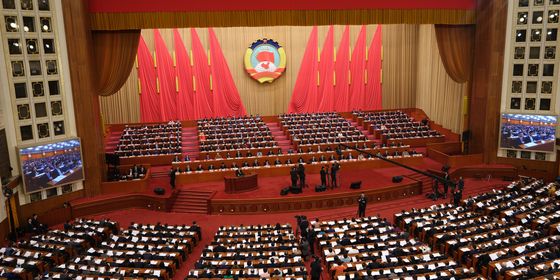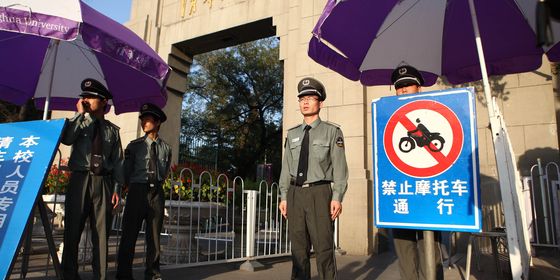A guide to Chinese vocabulary for mental illness
In 1921, “May Fourth” author Yu Dafu (郁达夫) published his first short story, “Sinking,” following a Chinese student who becomes increasingly withdrawn and melancholic while studying in Japan. The themes of the protagonist’s alienation and moral grapplings with his sexuality were controversial for Chinese readers at the time, but the work was equally revolutionary for its frank treatment of mental health, a subject often gone unspoken in Chinese culture—in fact, Yu even had to transliterate English terms for “hypochondria” and “melancholy.”
Despite some improvements, mental illness is still shrouded in secrecy in Chinese culture today. According to the medical journal The Lancet, about 173 million Chinese people suffer from a mental disorder, but only 15 million (less than 9 percent) of those affected pursue professional treatment. Logistical barriers such as the high costs of counseling and a severe shortage of competent psychiatrists prevent people from seeking treatment, as do social stigma and a sense of personal shame surrounding mental illness.
The World Health Organization’s World Mental Health Day is observed on October 10 every year to raise awareness and encourage open dialogue of mental health issues, which are essential to normalizing mental illness. Since the days of Yu Dafu, the Chinese language has developed its own jargon for mental health—here are a few you can use to start your own conversation:
1. 上瘾 (shàngyǐn): Addiction
许多年轻人抽烟上瘾。
Many young people are addicted to smoking cigarettes.
2. 焦虑症 (jiāolǜzhèng): Anxiety disorder
症 (zhèng): disease, illness
这些年来,我的焦虑症越来越严重了。
My anxiety has grown worse over the years.
3. 心理顾问 (xīnlǐ gùwèn): Psychologist
顾问 (gùwèn): adviser; consultant
我每周看一次心理顾问。
I see a psychologist once a week.
4. 抑郁症 (yìyùzhèng): Depression
抑郁 (yìyù): depressed; gloomy; despondent
妈妈去世后,我患上了抑郁症。
After my mom passed away, I fell into a depression.
5. 残疾 (cánjí): Disability
我弟弟有精神残疾,要耐心开导。
My younger brother has a mental disability, try to be patient with him.
6. 心理疾病 (xīnlǐ jíbìng): Mental illness
心理 (xīnlǐ): mental; psychological
疾病 (jíbìng): disease; illness; ailment
我患有心理疾病,也很难去谈论它。
I suffer from mental illness, and it’s difficult for me to talk about it.
7. 自尊 (zìzūn): Self-esteem
我很没自尊,因为我有身体缺陷,从小就被人嘲笑。
I have very low self-esteem because I’ve grown up with mockery of my handicap.
8. 羞耻 (xiūchǐ): Stigma, Shame
我为我的心理疾病感到羞耻。
I feel shameful for my mental illness.
9. 创伤 (chuāngshāng): Trauma
这次经历给我留下了精神创伤。
This experience gave me mental trauma.
10. 支持小组(zhīchí xiǎozǔ): Support group
这个支持小组帮助我应对创伤。
This support group helps me cope with my trauma.












